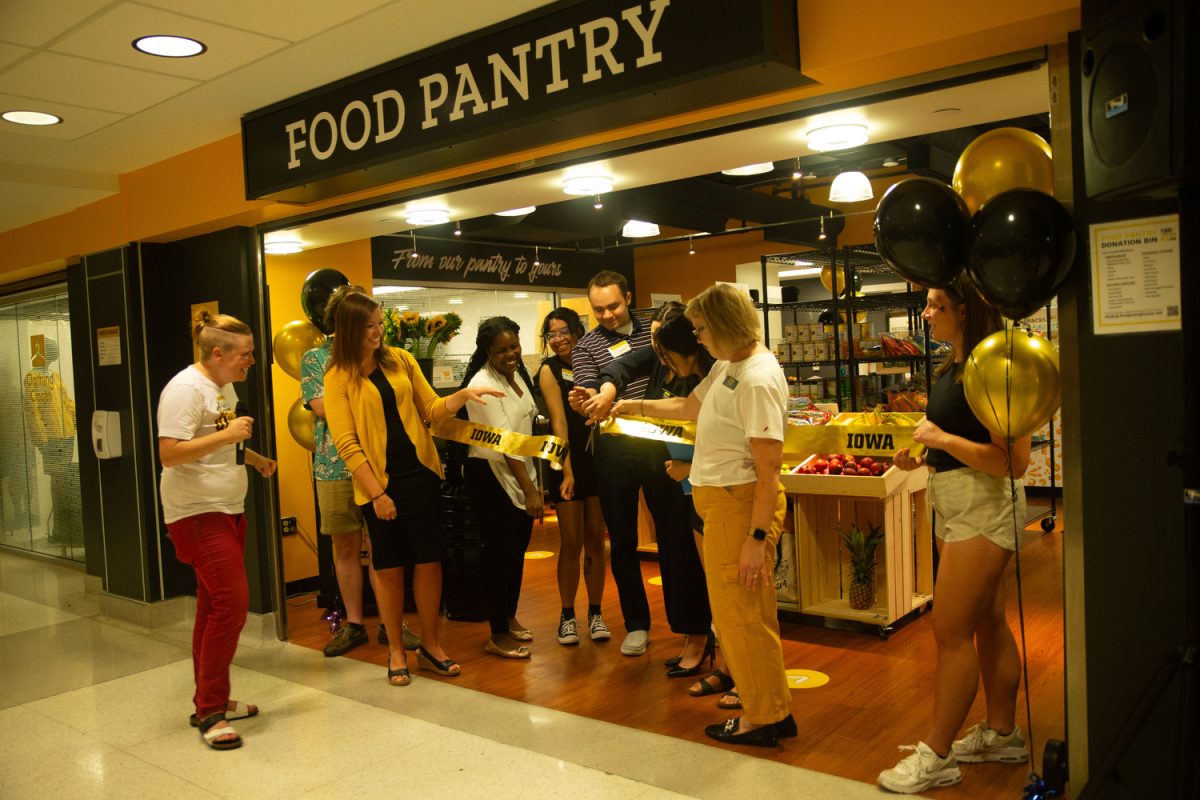Rent, utilities, books, and tuition are all significant expenses of college students, but one is often overlooked: food.
Food is a necessity, but for many college students, it is unaffordable. This is a huge problem that often goes unnoticed by colleges and society. According to Feeding America, food insecurity is “a lack of consistent access to enough food for every person in a household to live an active, healthy life.”
Food insecurity is often an unseen crisis when thinking about the struggles college students might endure. According to a 2016 study, it is estimated that at least 30 percent of college students across the U.S. suffer from food insecurity.
Higher education institutions like the University of Iowa need to change their attitudes about food insecurity and stop overlooking this large issue so many students face.
Additionally, they need to do a better job of creating resources that are widely accessible to students.
With this year’s rise in tuition and the already outrageous cost of rent, many students will have days, weeks, or even months when they are hungry.
A change in policy starts with a change in the way we view the issue.
Food insecurity must not be presented as a problem that only affects a small percentage of students. Causes, solutions, and plans of attack should be discussed more openly across campus.
Resources to prevent food insecurity should be made known to students as early as orientation so that coming into college, they never have to fear whether they will be able to afford food or not.
Direct advertising, such as emails, should be sent to student accounts repeatedly about resources they can reach out to if they are in need.
The UI does offer great resources for students on campus to utilize such as Hawkeye Meal Share, which allows students to donate their unused guest meals to those in need. The Iowa Food Pantry is also a great resource that students, faculty, and staff can use once a week for their meals. The Supplemental Nutrition Food Assistance Program, also known as SNAP, is also offered at the UI.
However, if these programs are not made readily known to students, more students could go hungry and not utilize them because they do not know they exist.
Food is not just essential to survival and basic health. It is necessary to achieve success at work, in the classroom, and in countless other facets of life.
Students who struggle with food insecurity may already be working long hours at their jobs to pay for all their college expenses and still have to worry about how to pay for food. This stress and hunger will affect their success in the classroom.
With this additional stress of balancing school and extreme hours of a job, it could cause possible mental health issues or even lead to students dropping out. Food insecurity should not factor into why students are discontinuing their education. When food insecurity is thought about differently, we can then act against it. Shedding more light on the large percentage of students who struggle with food insecurity will lead to real solutions.



